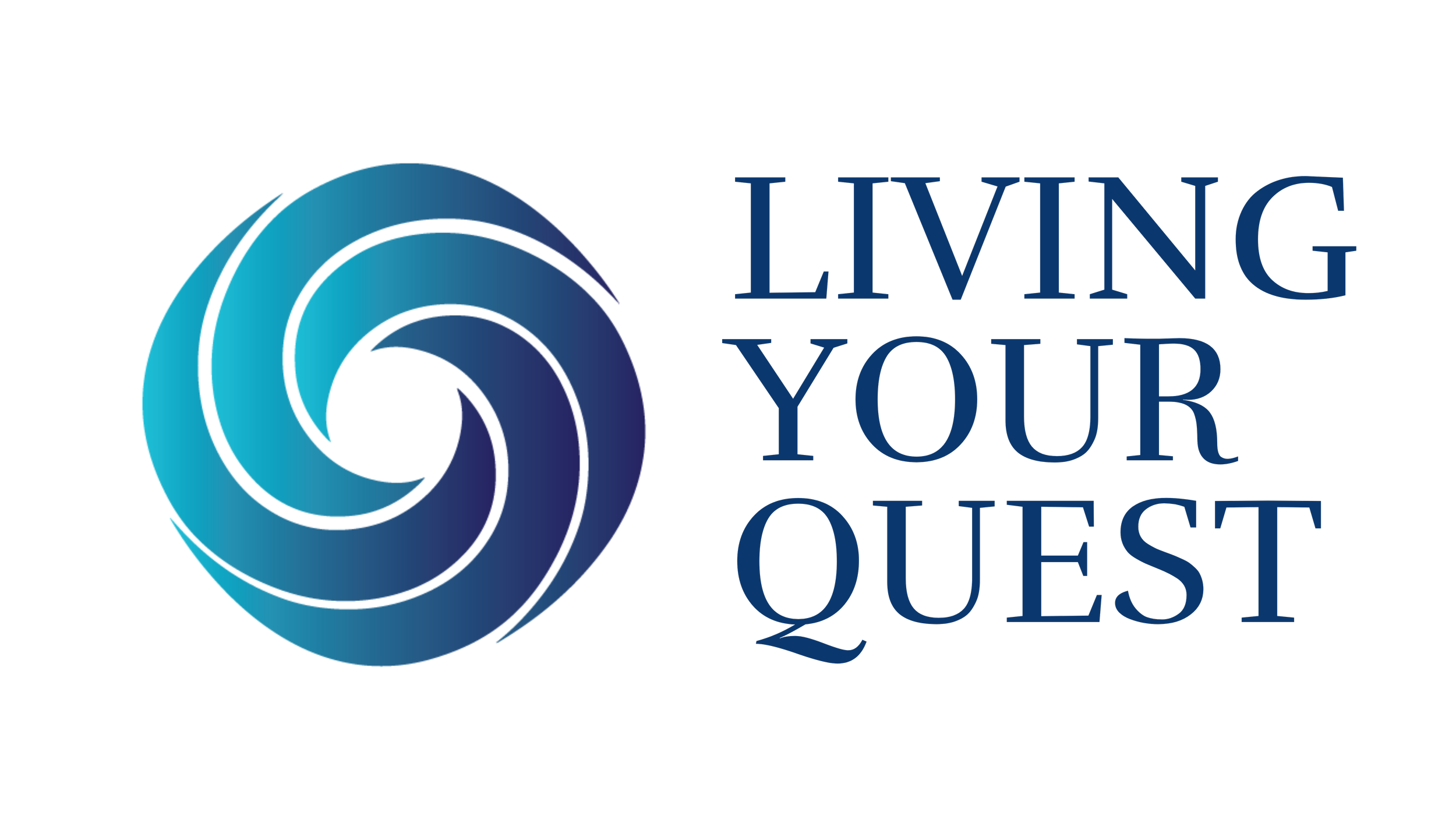How To Find the Right Coach
Coaching has become extremely popular in recent years. The market is booming, especially in the western hemisphere. You can now find a coach - or consultant - for (almost) everything: career/occupation, lifestyle, nutrition, health, wellness, fitness, relationships, sexuality, spirituality, etc.
“Coach” is not an officially protected professional title; the same applies to “consultant”. The creativity for their use in combination with the services to be offered will probably continue to grow. The number of providers of different coaching or consulting training, certificates, online courses, etc. has also increased exponentially. Formal admission and completion criteria, content orientation, quality and seriousness of these offers vary.
A relevant question from the customer’s perspective is therefore:
“How do I find the needle in the haystack?”
The following questions and evaluation criteria provide some orientation:
Which biographical and professional qualifications are important for you? (e.g. experience, specialization, training and further education, professional background, age)
How and with which thematic focuses does the coach or consultant position himself? Do his positioning/focus topics coincide with your concerns, questions, goals and needs?
Which coaching or consulting attitudes are represented? Which concrete methods, tools and procedures are identified? Are references available?
Arrange a preliminary discussion: How do you experience this? Are your questions answered satisfactorily? What promises are made to you? Are they realistic? Do you receive information on how to proceed?
Do you have the possibility to end the coaching or consultation at any time
Take your time. Compare. Don’t let yourself be forced to make a quick decision.
Trust your gut.
In my understanding, professional coaching and consulting differ as follows:
Coaching: is resource- and process-oriented. The focus is on personal responsibility and individually developed feelings of success, i.e. help for self-help. Clients are recognized as experts for their personal life situation. They reflect, define and evaluate personal (change) goals, solutions, ideas, implementation steps, etc. The role and responsibility of the coach are based on his expertise as a process designer (methods, tools, etc.) and companion (listening, questioning, mirroring).
Consulting: The primary goal of the client is to collect specific (technical) knowledge. The consultant’s expertise and experience are evaluated as valuable in order to reflect, optimise and change the personal (life) situation. The advisory accompaniment is in the foreground.
Depending on the situation and setting, this distinction proves to be flexible and may lose its selectivity.
